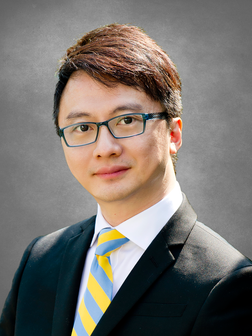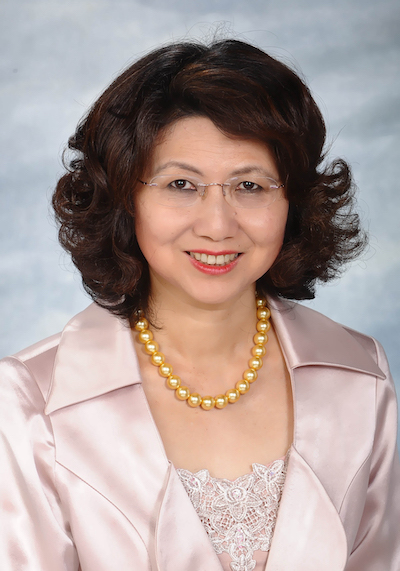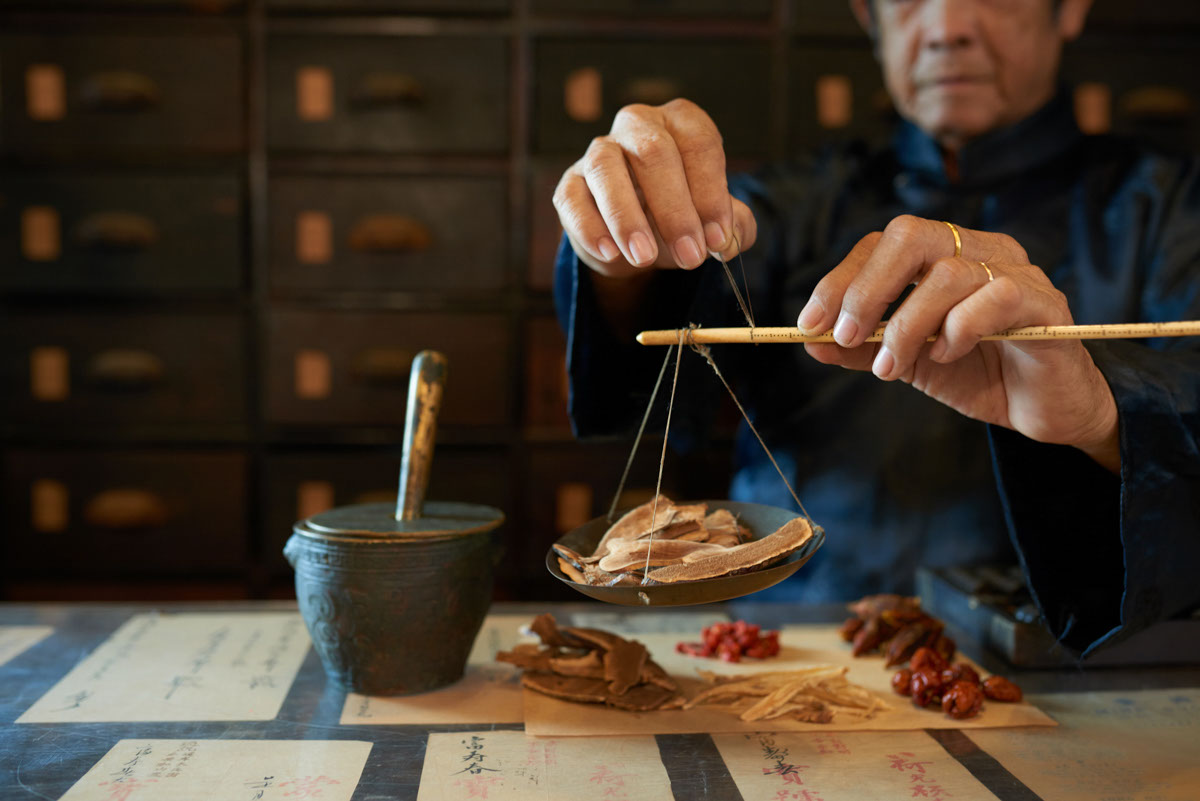Integration of Traditional Chinese and Western Medicine - From Concept to Practice: Hong Kong Institute of Integrative Medicine (HKIIM), Faculty of Medicine, CUHK
Professor Francis Chan,
Dean, Faculty of Medicine, The Chinese University of Hong Kong
Host: Ms. Wong Wing Chen Janet
Information Compilation : Dr Landon Chan, Dr. Chan Ho Yan


Introduction: The Faculty of Medicine of The Chinese University of Hong Kong established an Integrated Chinese and Western Medicine Medical Center in 2014. In addition to research work, the Center also provides outpatient services. In this interview, Professor Chan introduces the background and philosophy of the Center's establishment and the work of the Center.
Wong: Professor, Hong Kong is a Chinese society. I believe many patients will ask you, "Professor, can I take Chinese medicine while I am treating cancer?" How would you answer them?
Chan: Hong Kong is a Chinese society. Many of our patients receive traditional Chinese medicine treatment (and some also receive other alternative treatments) while receiving Western medicine treatment. Data shows that at least 35% of people also receive Chinese medicine or other alternative treatments while receiving Western medicine treatment, but many patients choose not to tell their doctors because they are afraid that their doctors will blame them, or say, "This is not okay, that is not okay".
I myself hold an open attitude, not to deny the value of something just because I don't know them. In recent years, more and more scientific research has shown that the nature of Chinese medicine has its unique value in physiology or cellular level, as well as in clinical aspects. We also cannot deny that in some treatment areas, the methods used by traditional Chinese medicine are better or more comprehensive than Western medicine. For example, after the removal of intestinal surgery, Chinese medicine is more effective in relieving certain symptoms of patients than Western medicine.
In addition to cancer, as a gastroenterologist, I often see patients suffering from much discomfort due to intestinal dysfunction, and clinically it shows that Chinese medicine is more effective than Western medicine in some situations.
If a patient asks me if they can accept traditional Chinese medicine treatment, my answer is: "The doctor himself does not understand it, but the doctor would think that if you want to accept traditional Chinese medicine treatment, you should find a qualified and trustworthy traditional Chinese medicine practitioner; you should also understand what medicine he is giving you and what benefits (or harms) these medicines will bring you. At the same time, you should clearly tell the traditional Chinese medicine practitioner what Western medicine treatment you are receiving and what medicines you are taking, so that he can understand your situation and try to avoid drug conflicts.

Wong: I know that a few years ago, the Faculty of Medicine of the Chinese University of Hong Kong established an integrated traditional Chinese and Western medicine center, which also provides outpatient services. Can you please introduce it to us?
Chan: The center was established in 2014 and is the first research institute in Hong Kong that integrates clinical services, teaching, and research in traditional Chinese and Western medicine. We hope to combine the different benefits of traditional Chinese medicine and Western medicine, ‘take what we need’, and provide more comprehensive treatment to our patients.
I think that in the treatment of cancer, Western medicine is the main way, such as using surgery to quickly remove cancer cells. But after the surgery, traditional Chinese medicine can make patients recover better in terms of conditioning and relieving the side effects of chemotherapy.
Our integrated traditional Chinese and Western medicine clinic is not a joint consultation between traditional Chinese and Western medicine. Instead, both Western and traditional Chinese medicine practitioners clearly understand their roles, understand at what stage patients should receive Western medicine treatment, and at what stage they should receive traditional Chinese medicine treatment. And there is close communication between the two.
Wong: I know that the university is also engaged in research work. In the past, we knew that Chinese medicine was valuable, but there was not much data, and traditional Chinese medicine itself is indeed very complex, such as "compound formulas", with many different elements. But medical research always needs to be evidence-based. Now that technology is advancing by leaps and bounds, especially in the areas of big data and artificial intelligence, can we in the scientific research community make faster progress in this area with these new tools?
Chan: I am very optimistic about this.
As you just mentioned, through methods such as big data, a lot of past patient data can be analyzed in detail, which is faster and more accurate than traditional scientific research methods, and can gradually find treatment plans for our patients.
An important task at hand is quality assurance - even if we know through experiments or clinical trials that a certain Chinese medicinal or compound formula can help patients, how can we ensure that the medicinal materials we purchase are of guaranteed quality, or can meet the required standards through regulation/identification. Different Chinese medicine products can look similar in appearance, but their medicinal effects can be different, even drastically so, and some can be even toxic. We need to put a lot of thought into this.
With the establishment of a Chinese medicine hospital in future and a comprehensive regulatory system in Hong Kong, I believe that the standard of our Chinese medicine will continue to improve and be assured in terms of quality.
Wong: We are fortunate in Hong Kong to have both Western and Chinese medical treatment. But patients may worry about conflict between the two, such as in terms of medication - what is referred to in English as ‘drug interactions’, what is the actual situation? What can patients do to avoid this? For example, stop taking Chinese medicine during chemotherapy? Or if they really need to take it, should the timing of taking Western and Chinese medicine be separated?
Chan: In fact, we don't need to completely avoid taking Chinese medicine during a certain treatment period. Now there is more and more data showing what characteristics a certain Chinese medicine has, or whether it has serious conflict with Western medicine, and one can find relevant information from reliable online databases.
Patients may want to take appropriate Chinese medicine to alleviate the discomfort caused by treatment during chemotherapy, such as nausea and stuffiness.
If patients do not know the ingredients of the Chinese medicine they are taking, I suggest that under normal circumstances, the timing of taking Chinese medicine and Western medicine should be at least four hours apart, hoping to reduce the possibility of conflict between Chinese medicine and Western medicine. And it would be best for patients to consult their doctors.
(December 2021)





